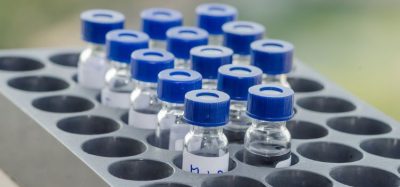Abbott announces FDA clearance for a new test to help physicians quickly and accurately diagnose diabetes
Posted: 15 April 2014 | European Pharmaceutical Review | No comments yet
Abbott announced today that its new ARCHITECT Clinical Chemistry Hemoglobin A1c (HbA1c) test – which can aid physicians in diagnosing and monitoring diabetes and identifying people at risk for the disease – has received 510(k) clearance from the U.S. Food and Drug Administration (FDA). More than 25 million Americans are living with diabetes and several million remain undiagnosed.1 People with diabetes who can understand and manage their condition can prevent or delay health problems, which may lead to longer and healthier lives.
“At times, diabetes can be difficult to diagnose because the symptoms can be subtle or go unnoticed,” said Beth McQuiston, MD, registered dietitian, and medical director, Diagnostics, Abbott. “The new HbA1c test provides physicians the ability to quickly assess a person’s average blood glucose concentration over several months, and if needed, provide them with a treatment pathway to help optimise their health.”
If current trends continue, as many as one in three U.S. adults could have diabetes by 2050.1 Due to this potential rise, laboratories are expected to see an increase in physician requests for HbA1c tests. The fully-automated Abbott ARCHITECT HbA1c test provides fast, accurate results, helping laboratories manage this anticipated increase in demand for testing.
“The progression of diabetes may be prevented or delayed with effective care,” said Brian Blaser, executive vice president, Diagnostics Products, Abbott. “Abbott’s ARCHITECT clinical chemistry HbA1c test will empower physicians to take timely, appropriate actions in identifying and helping people manage this disease.”
The ARCHITECT clinical chemistry HbA1c test is now available in several countries throughout Europe, Asia, Latin America, Canada and Africa, pending country registration. The test will be available in the U.S. in the coming weeks.









